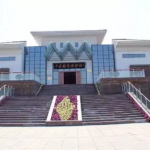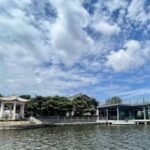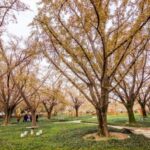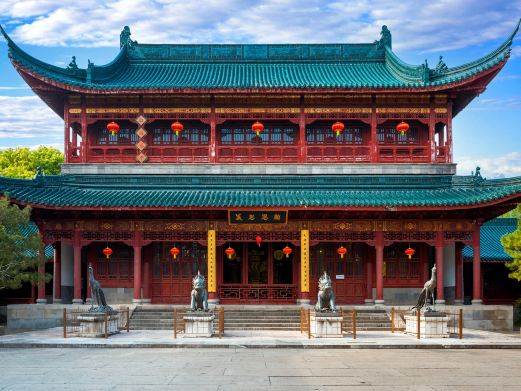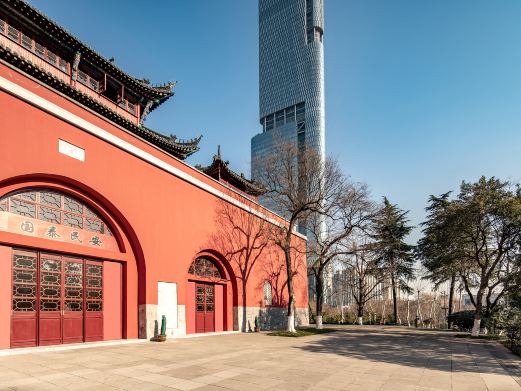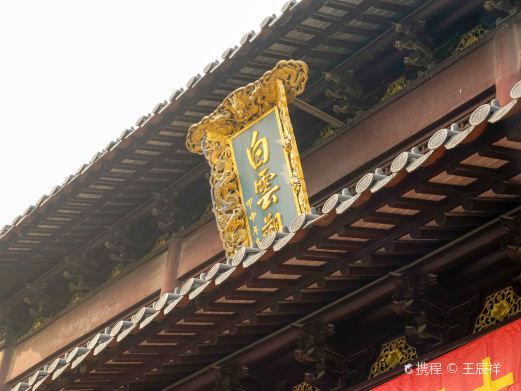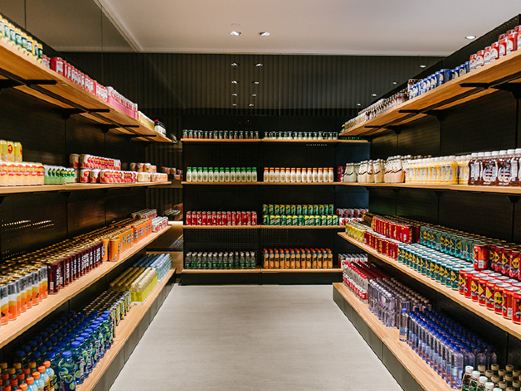The Liu Brothers Memorial Hall was rebuilt by the Jiangyin Municipal People’s Government using the ancestral residence donated by descendants of the Liu family to commemorate three modern Chinese cultural celebrities, Liu Bannong, Liu Tianhua, and Liu Beimao. Liu Bannong (1891-1934), also known as Liu Fu. His original name was Liu Shoupeng. He is one of the pioneers of China’s ‘May 4th’ New Culture Movement and a famous writer, linguist, and educator. Throughout his life, he pursued truth. In 1917, he published many progressive works in New Youth that shocked the literary world and became a ‘fighter’ and ‘pioneer’ in the New Culture Movement. He is a pioneer of vernacular poetry and a leader in the study of modern folk songs. He is also a pioneering essayist with an enterprising spirit. He is also the founder of China’s linguistics and photography theory and the first linguist in China to win the ‘Constantine Linguistics Special Award’. Liu Tianhua (1895-1932), originally named Liu Shouchun, is the second younger brother of Liu Bannong. He is a pioneer in China’s modern national music cause, a composer, performer, and educator, and a master of China’s modern national music. He is an innovator of national musical instruments and was the first to bring the expressiveness of erhu and pipa to a high level. He not only created immortal masterpieces such as ‘Sick Melody’, ‘Beautiful Night’, ‘Birdsong in the Empty Mountain’, and ‘March of Light’, but also cultivated a large number of successors of erhu and pipa. Liu Beimao (1903-1981), originally named Liu Shouci, is the third younger brother of Liu Bannong. He is a famous erhu performer, composer, and educator in modern China and a loyal inheritor and developer of Liu Tianhua’s cause. After Liu Tianhua’s passing, Liu Beimao inherited his elder brother’s will of ‘improving national music’ and successively created more than 100 erhu pieces such as ‘Hanjiang Tide’, ‘Little Drum’, and ‘Eternal Melody’. He is a prolific composer in the history of modern Chinese music and is hailed as a ‘master of national music’. Opening hours: Open from Tuesday to Sunday throughout the year, 09:00 – 16:00; Closed all day on Monday throughout the year.
Liu Brothers Memorial Hall
The Liu Brothers Memorial Hall was rebuilt by the Jiangyin Municipal People’s Government using[...]



